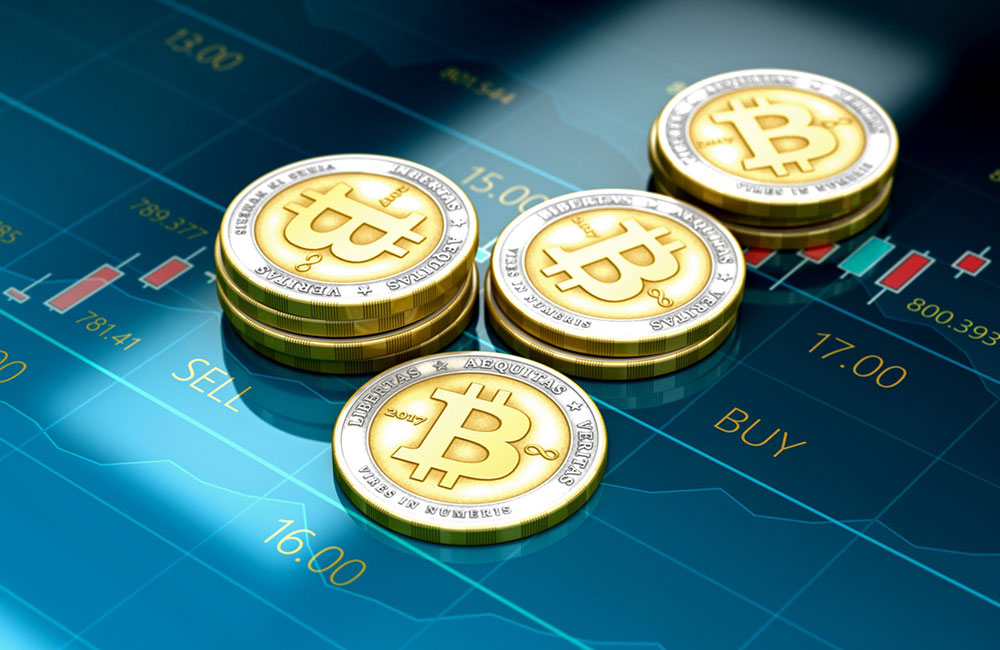Japan said Monday it would impose administrative measures on virtual currency exchange Coincheck after hackers stole hundreds of millions of dollars in digital assets from the Tokyo-based firm.
The massive heist caused a loss of $530 million worth of the cryptocurrency NEM -- based on the exchange rate on Friday -- exceeding even the $480 million in bitcoin stolen from the MtGox exchange in 2014.
Coincheck suspended trading of all cryptocurrencies except bitcoin on Friday, and said it had lost 523 million units of NEM, the 10th biggest cryptocurrency in the world based on market capitalisation. "The Financial Services Agency (FSA) will issue an order to improve operations, including protection of clients," top government spokesman Yoshihide Suga said.
The agency will supervise the exchange to ensure the measures are being implemented and contracts are being honoured, Suga told a regular briefing. "While examining the cause of the incident and taking necessary measures, we want the ministries and agencies concerned to urgently study what further measures we'd need," he added. Coincheck said it would use its own funds to reimburse about 46.3 billion yen (around $430 million) -- at a rate of 88.549 yen per NEM -- to all 260,000 customers who lost their holdings.
One unit of NEM was trading at 98 cents at around 0430 GMT on Monday, according to coinmarketcap.com. Japan is a leading market for cryptocurrencies, with nearly one-third of global Bitcoin transactions in December denominated in yen, according to specialist website jpbitcoin.com.
As many as 10,000 businesses in Japan are thought to accept bitcoin, and bitFlyer, the country's main bitcoin exchange, saw its user base grow beyond one million in November.
Many Japanese, especially younger investors, have been seduced by the idea of strong profits as the economy has seen years of ultra-low interest rates offering little in the way of traditional returns.
In the wake of the MtGox scandal, Japan passed a law on cryptocurrencies that require exchanges to be regulated by the FSA.
The law went into effect in 2017. Local media reported that Coincheck had submitted an application to the FSA for a licence and was allowed to continue operating while it awaited a decision.
Source : Economy Next

Leave your comments
Login to post a comment
Post comment as a guest